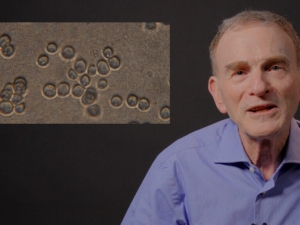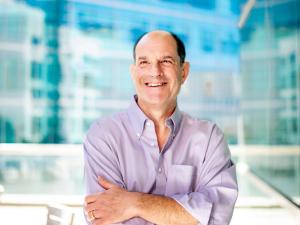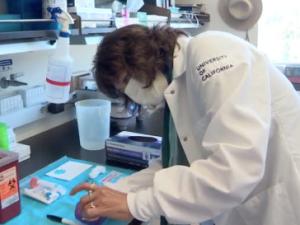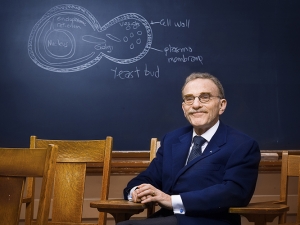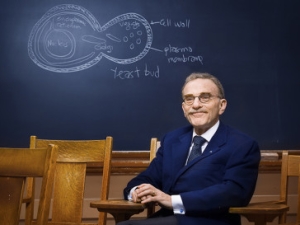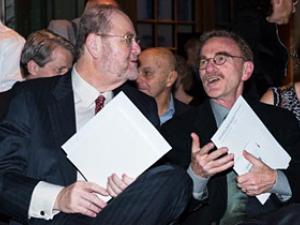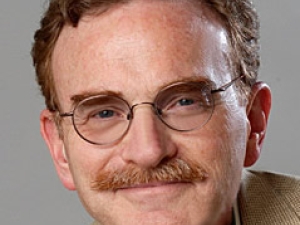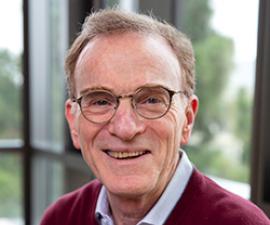

Research Bio
Schekman Labs' research is devoted to a molecular description of the process of membrane assembly and vesicular traffic in eukaryotic cells. Basic principles that emerged from these studies in yeast are now being applied to studies of genetic diseases of protein transport.
For the past dozen years, his lab has turned to a biochemical analysis of traffic in mammalian cells, including of the pathways of collagen secretion, autophagosome formation, and unconventional secretion. Of particular interest in clinical developments, he has decided to focus their attention on the mechanism of extracellular vesicle biogenesis with an emphasis on the means by which exosomes acquire a cell type-specific and highly sorted set of miRNAs. Another more recent interest is in the unconventional secretion of a protein implicated in Parkinson's Disease (PD), alpha-synuclein whose spread in the brain may be part of the pathology of PD
Research Expertise and Interest
saccharomyces cerevisiae, human cells, including stem cells, organelle assembly, intracellular protein transport, extracellular vesicles and exosomes, neurodegenrative disease(1551)
In the News
Nobel Laureate Randy Schekman's Journey in Science
How Looking Closely Led This Cell Biologist to World-Changing Breakthroughs
Alumnus David Julius shares Nobel Prize for work on pain receptors
$14 million boost for Parkinson’s disease research
Science, uninterrupted: Will COVID-19 mark the end of scientific publishing as we know it?
Berkeley Talks: Nobel laureate Randy Schekman on new Parkinson’s research
Randy Schekman: Don’t put science ‘behind a paywall’
Schekman receives Nobel Medal in Stockholm ceremony
Newly minted Nobel Laureate Randy Schekman used his Nobel acceptance speech Dec. 10 in Stockholm to encourage more support for basic research, the “freedom of inquiry (that) nourished the careers of today’s Laureates.”
Randy Schekman awarded 2013 Nobel Prize in Physiology or Medicine
Randy W. Schekman, professor of molecular and cell biology at the University of California, Berkeley, has won the 2013 Nobel Prize in Physiology or Medicine for his role in revealing the machinery that regulates the transport and secretion of proteins in our cells. He shares the prize with James E. Rothman of Yale University and Thomas C. Südhof of Stanford University.
Schekman to lead new journal launched by Howard Hughes institute
Cell biologist Randy Schekman, professor of molecular and cell biology and current editor of the Proceedings of the National Academy of Sciences, has been named the first editor of a new journal that the Howard Hughes Medical Institute, the Max Planck Society, and the Wellcome Trust aim to launch next year.


